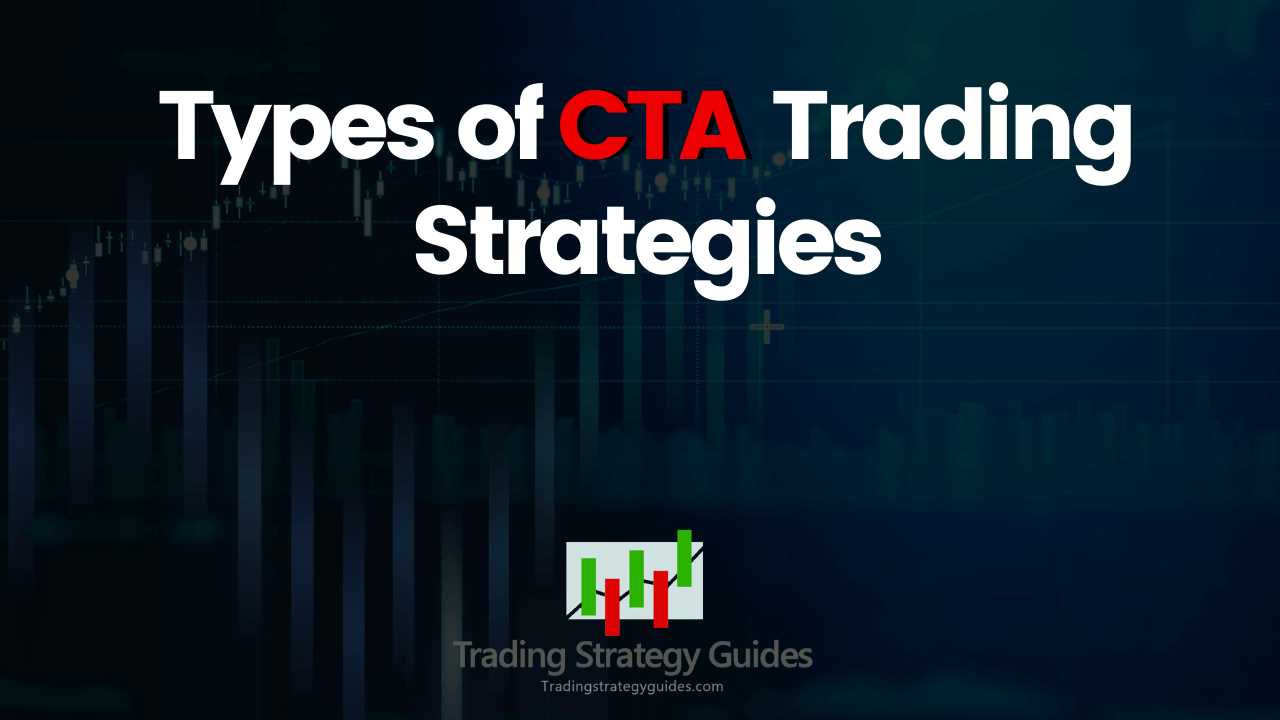Commodity Trading Advisor (CTA) Definition and Requirements

A Commodity Trading Advisor (CTA) is a professional who provides advice and services related to the trading of commodities. This can include a wide range of commodities such as agricultural products, energy resources, metals, and financial instruments.
To become a CTA, individuals must meet certain requirements. These requirements may vary depending on the jurisdiction, but generally include the following:
- Registration: CTAs are typically required to register with the appropriate regulatory authorities. This ensures that they meet certain standards and adhere to specific rules and regulations.
- Financial Requirements: CTAs may be required to meet certain financial requirements, such as maintaining a minimum level of capital or carrying professional liability insurance.
- Compliance: CTAs must comply with various regulatory requirements, including disclosure obligations and record-keeping. They must also adhere to ethical standards and act in the best interests of their clients.
- Continuing Education: CTAs are expected to stay up-to-date with industry trends and developments. Many regulatory authorities require CTAs to complete continuing education courses to maintain their registration.
Overall, becoming a Commodity Trading Advisor requires a combination of education, experience, and compliance with regulatory requirements. CTAs play a crucial role in the commodities market, providing valuable advice and services to clients seeking to navigate the complexities of commodity trading.
What is a Commodity Trading Advisor?

A Commodity Trading Advisor (CTA) is a professional individual or firm that provides advice and guidance on trading commodities in financial markets. CTAs are experts in analyzing market trends, identifying potential investment opportunities, and managing risk for their clients.
CTAs work closely with investors to develop and implement trading strategies that align with their financial goals and risk tolerance. They use their knowledge of commodity markets, technical analysis, and fundamental analysis to make informed decisions on when to buy or sell commodities.
CTAs may specialize in specific commodities, such as agricultural products, energy resources, or precious metals. They stay up-to-date with market news, economic indicators, and geopolitical events that can impact commodity prices.
One of the key roles of a CTA is to manage risk for their clients. They use various risk management techniques, such as diversification, hedging, and position sizing, to help minimize potential losses and protect their clients’ investments.
CTAs are regulated by financial authorities and must adhere to strict guidelines and reporting requirements. They are typically required to register with the Commodity Futures Trading Commission (CFTC) and become members of the National Futures Association (NFA).
Overall, a Commodity Trading Advisor plays a crucial role in helping investors navigate the complex world of commodity trading. They provide valuable insights, expertise, and guidance to help their clients make informed investment decisions and achieve their financial goals.

Emily Bibb simplifies finance through bestselling books and articles, bridging complex concepts for everyday understanding. Engaging audiences via social media, she shares insights for financial success. Active in seminars and philanthropy, Bibb aims to create a more financially informed society, driven by her passion for empowering others.
